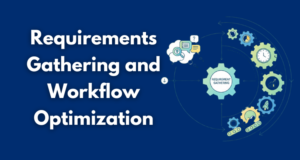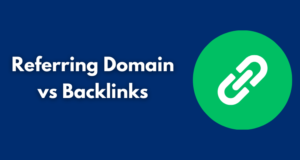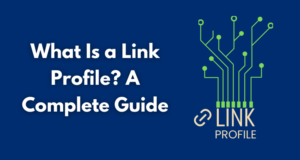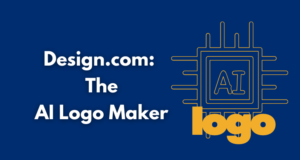In 2022, ChatGPT gained 100 million users in just two months and brought AI to the forefront of public discussion. But what exactly is AI?
Today we’ll take a look at the definition of AI, how it works and why it’s important, plus everyday uses for AI that you may have taken for granted, and how you can get started using AI without any technical knowledge required.
Table of Contents
ToggleWhat Is AI?
AI (artificial intelligence) is a type of technology that allows computers to identify patterns from data, and then make decisions and perform tasks that usually require human intelligence. If you’ve ever asked Alexa to play a song, or let your phone autocorrect your text, you’ve used AI.
But AI isn’t a single robot, it’s a whole field of computer science that’s been around for decades. In fact, the term artificial intelligence was coined in the 1950’s.
Most of today’s AI is narrow AI, which means it’s designed to do specific tasks like filtering spam or translating languages. Narrow AI can only do one type of task, but nothing outside of its specialty.
How Does AI Work?
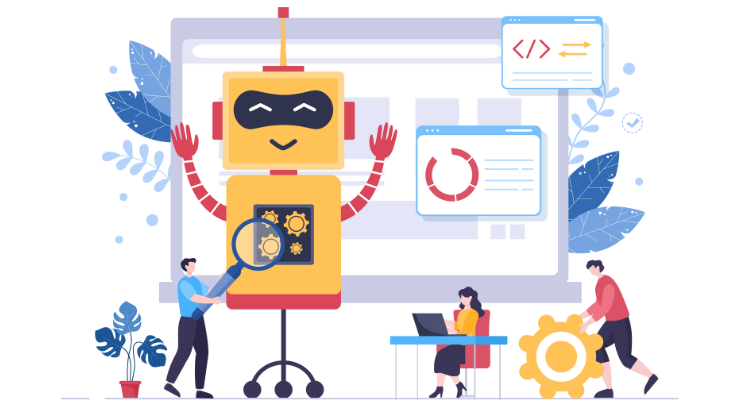
AI works very differently from traditional computer programs because unlike a classic program that only does what it’s explicitly told to do, AI learns from example (an approach called machine learning).
AI is trained through the feeding of data, rather than programming a set of rules. After accumulating enough data, AI algorithms adjust to get better at a task, essentially learning by example.
So if you wanted to teach AI to recognize a photo of a cat, you’d show it thousands of cat photos and over time it would begin spotting patterns and gain the ability to recognize a cat in any given photo.
Keep in mind that AI doesn’t actually think or understand like we do, it just processes data and makes statistically likely predictions.
AI In The Everyday
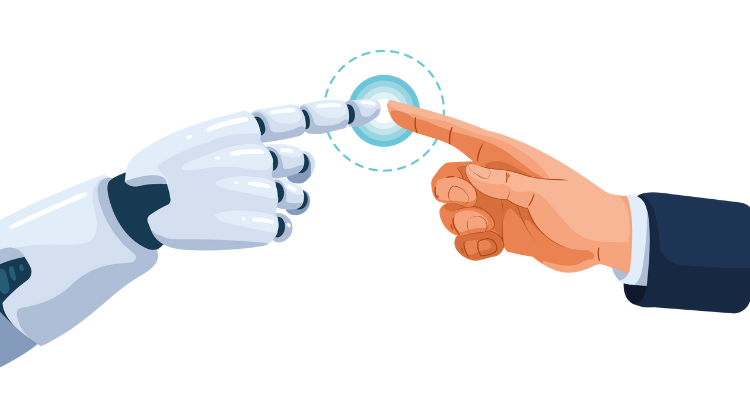
If you’ve ever used a virtual assistant like Siri or Alexa, you’ve used AI, but there are a few more unexpected ways that AI is integrated into the everyday, including:
- Netflix show suggestions
- Spotify’s personalized playlists based on your music taste
- Facebook’s automatic tagging feature
- Email spam filters
- Google Maps traffic data and route updates
- Self driving cars
And that’s just the beginning!
Why AI Is Important
Did you know that about three fourths of all companies have adopted AI in some form in order to automate tedious tasks and help in decision making?
The bottom line is that AI is helpful; it can do things faster, cheaper, and sometimes smarter than was previously thought possible and it’s even helping in fields like medicine or supporting tools such as assignment writing services.
With AI we can tackle complex problems and handle tedious everyday tasks. As long as it’s used carefully and ethically, AI has the potential to benefit everyone.
How To Get Started With AI
You don’t need to have any programming skills or technical knowledge to use AI – if you can type a question into Google you can also interact with AI. In fact, most AI platforms are extremely user friendly, and all you need to do is input a prompt or question to get responses for everyday tasks.
If you’re a business owner you could have it help you draft copy for a product description, if you’re a student you could have it organize your homework into a helpful timetable. Or you could just have it suggest a few simple meals to make from a list of ingredients in your fridge. The possibilities are endless!
Frequently Asked Questions
Is artificial intelligence the same as machine learning?
Machine learning is a subset of AI that specifically focuses on algorithms learning from data. All machine learning is AI, but not all AI is machine learning.
Do I need programming skills to use AI tools?
Nope – most AI-powered applications are designed with general users in mind so if you can use a smartphone or a web browser, you can use AI tools.
Can AI really think or is it just following instructions?
AI can mimic thinking by learning patterns and making predictions, but it doesn’t think exactly like a human. It lacks self-awareness and true understanding.
Will AI take away jobs in the future?
Many experts believe that AI will augment human work rather than outright replace humans in most roles. There will likely be high demand for people who can build, manage, and work alongside AI systems so being flexible and learning new skills will be key in an AI-influenced job market.
What’s the next big thing in AI?
Generative AI (models that can create text and images) are getting better at producing content. AI is also being built into everyday devices even more, and researchers are constantly focusing on making AI more reliable and less prone to mistakes.


